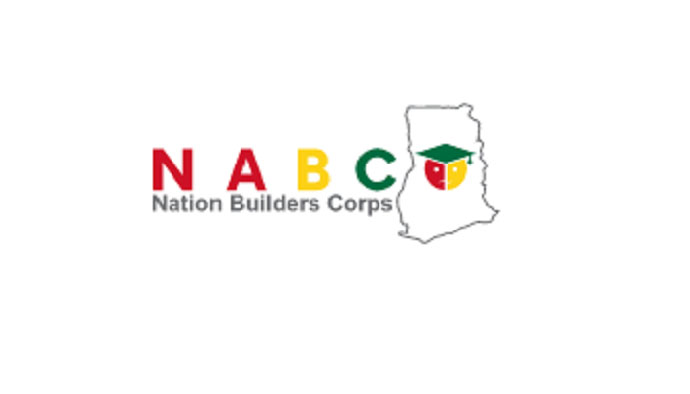There appears to be an overwhelming interest in the Nation Builders Corps (NABCO), as an estimated 150,000 youth in the country have so far applied for various jobs under the programme.
Even though the Akufo-Addo-led New Patriotic Party (NPP) administration stated categorically that NABCO shall this year employ 100,000 graduates under seven modules, namely Educate Ghana, Heal Ghana, Feed Ghana, Revenue Ghana, Digitize Ghana, Civic Ghana and Enterprise Ghana, the total number of applicants at the end of May 2018 had exceeded the target.
NABCO has, therefore, set the time to interview applicants who are expected to be screened in the various districts nationwide.
From 4-15 June, all applicants are expected to log on and use their unique codes to select an application online.”
“This stage gives you a chance to select a 2nd and 3rd module to improve your chances of selection,” according to the NABCO Secretariat.
The Secretariat disclosed that interviews shall be conducted for applicants in their districts, and that from June 18 to June 25, 2018, those applying for Revenue Ghana shall be interviewed, and they would be followed by applicants for Digitize Ghana from June 26 to July 2, 2018.
From July 3 to July 6, Feed Ghana applicants under NABCO would be interviewed while the interviews for Civic Ghana applicants shall be conducted from July 6 to July 10, this year.
Candidates applying for Enterprise Ghana would have their turn from July 11 to July 16, 2018, and Educate Ghana applicants are expected to be interviewed from July 17 to July 21, 2018, and finally from July 23 to July 25, 2018, Heal Ghana applicants shall be interviewed.
ICU Praises Government
Meanwhile, the Commercial Workers Union (ICU) has praised government for introducing NABCO.
General Secretary of ICU, Solomon Kotey, said that the initiative would serve as a stop-gap measure for the graduates.
Speaking to the media, he said that NABCO, if properly managed, could provide some window of opportunity to graduates to develop their skills to be able to take up other jobs after they have exited the programme.
According to him, although the GH¢700 allowance to be paid to the graduates might not be enough, it would help reduce hardship among the youth in the country.
By Melvin Tarlue


